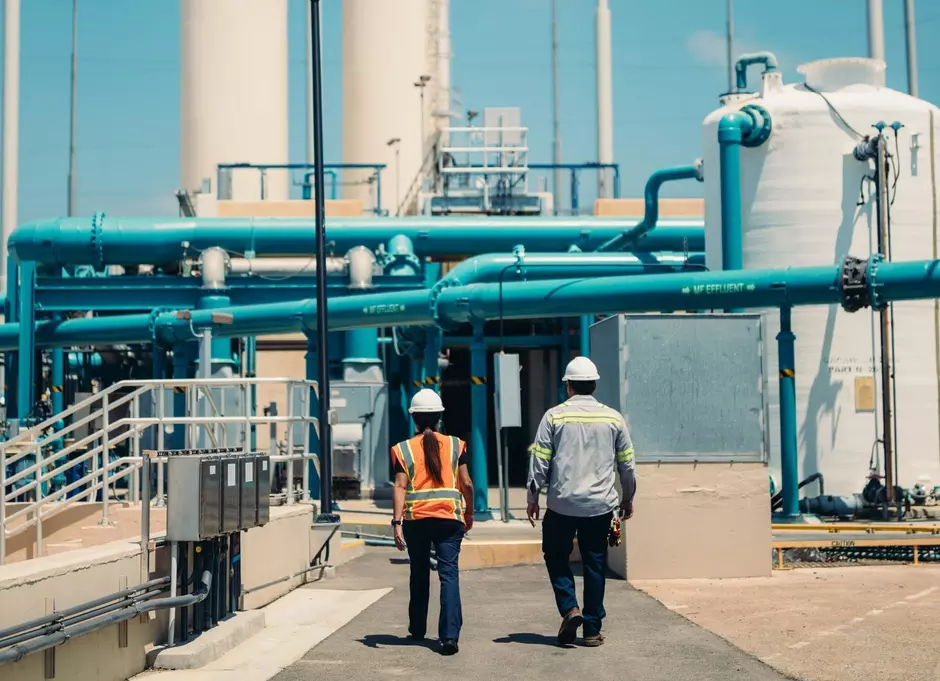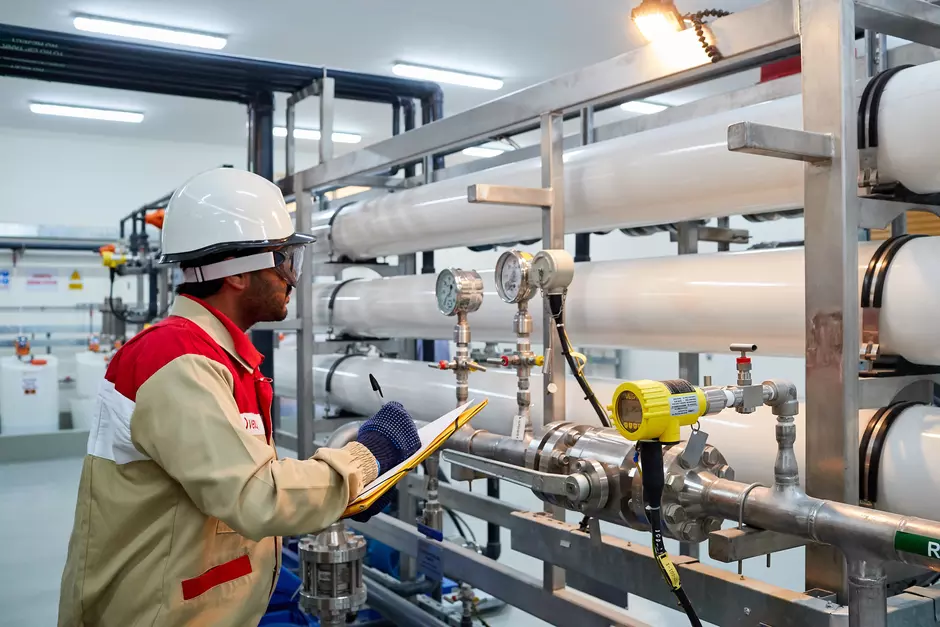What is Ecological Transformation?
Ecological transformation means genuinely adapting sustainable patterns of production and consumption. It means placing ecology at the heart of our process, decision, and most importantly our mindset.
Veolia continuously work to develop and improve meaningful solutions to meet humanity’s existential challenges:
- Decarbonizing industry to combat climate warming;
- Promoting the circular economy to combat resource depletion;
- Decontaminating the air, water and soil;
- Protecting biodiversity;
- Creating a more resource-efficient agriculture.
WHAT ARE THE FOUR PILLARS OF ECOLOGICAL TRANSFORMATION?
INTRODUCING THE ECOLOGICAL TRANSFORMATION BAROMETER
Since 2022, Veolia has been publishing the Barometer of Ecological Transformation every two years, in partnership with the Elabe consulting and research firm.
A global survey conducted across 26 countries, spread over 5 continents, to find out if we are ready to accept the social, economic, and cultural changes necessary to take action and face the environmental emergency.






